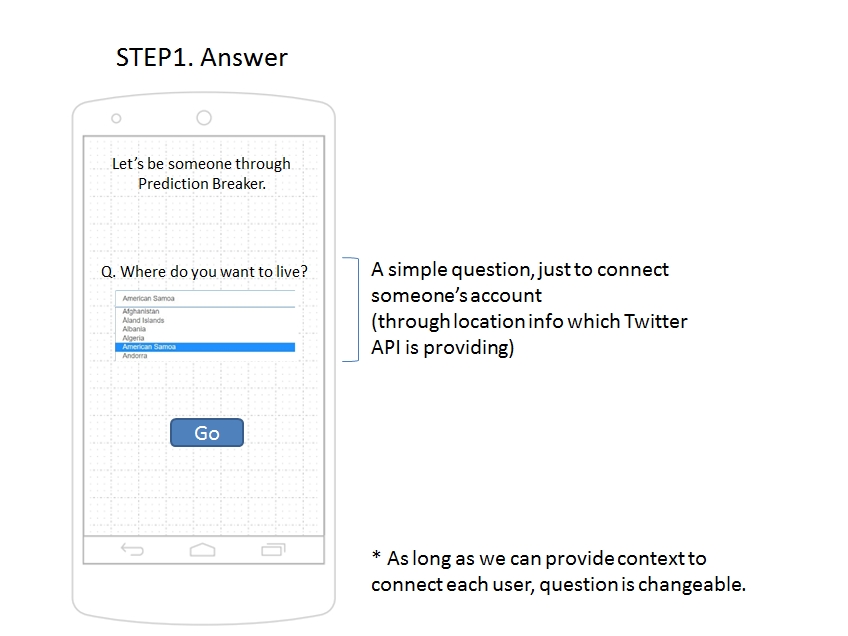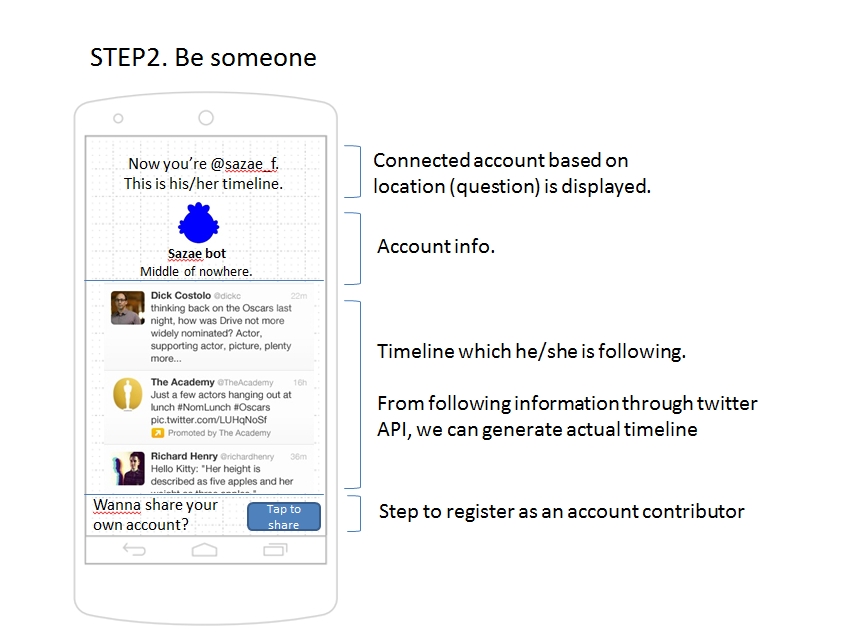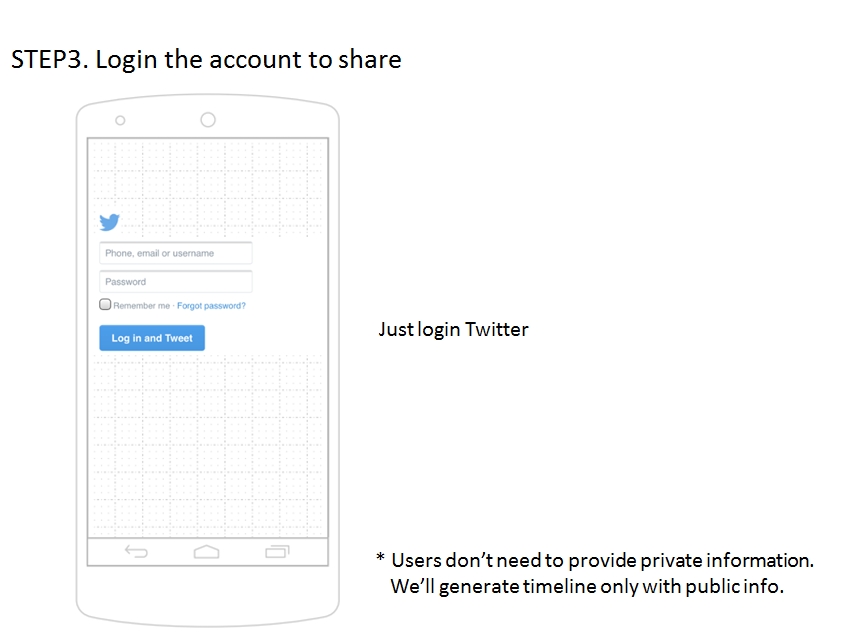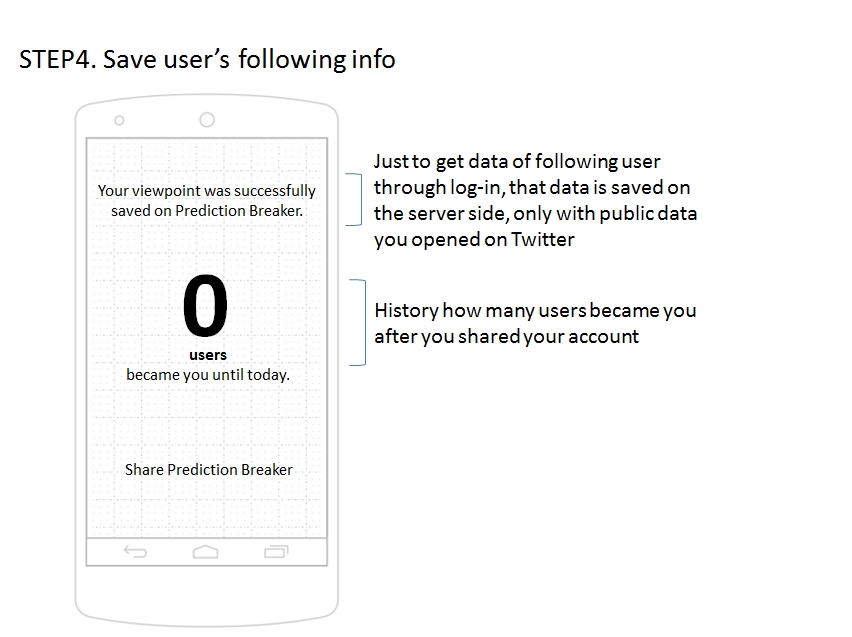Industries of Prediction Margins of Freedom
Just look at that lone bird stuck in the grey blue sky. She is alone, and probably totally bored. She is free to move as she likes, but she is simply surrounded by too many options. It’s like the sky is a humongous menu.
Any free spirit, left alone with a computer will learn where to go, who her friends will be, who to date, what news articles to read, what to buy, and most of all, she will never be alone because she will be monitored, tracked, and known by an infinite amount of anonymous servers and eyes. As an internet user, she becomes familiar with a perfectly customized template for how to make a good life especially for her– she’s given all the tools to create a perfect bubble of safety and individualism, constantly reflecting her own choices and ‘values’ back, and introducing more users together who like the same sorts of things. And when so many people are existing as loners in space guided by algorithms of the internet, learning about prediction tells us about how personal choice and responsibility exists (or lays dead), and thus how our democracy works or doesn’t work.
The tools that make movement and autonomy possible are disabling our own perception, shrinking our world view through customization. During Tacit Futures, we took prediction as a material to work on and with. You’ll see that we worked on it through interacting with it, poking it, trying to get out of it, trying to find the difference between the perception that the algorithm gods have given to us and our own. What would it take to think what we think independently of the control of our news feeds, friend suggestions, and product suggestions that shape our experiences. It feels as if we are all playing a game, and the rules keep changing. We don’t know who else is playing, or whose game it is. Did we choose this? Did we choose our friends? Are we here because of an algorithm or because we should be? We are inside of a kind of bubble that keeps us focused on ways of knowing and living that seem like choice but that may not be. As a group we turned in many ways towards trying to experience different forms of choice, divination, randomness, chaotic forms of sharing or moving. We developed three parts, three separate games that may result in one thing.
Divination is seen as religious, or from the unknown. It’s a way to make choices when we can’t, when there is too much chaos, confusion, and too many choices. There is a way that we respect predictive algorithms control of our actions, our choices, when operated by corporate states– as if they are divine, supernatural, or natural. But as we all know, all of our compliance generates profit and surveillance. We are not the consumers, we are the consumed.
The Workshop „Industries of prediction, margins of freedom“ of the conference Tacit Futures of the Berliner Gazette at Volksbühne, 27-29/10/2016, invited people from all over the world to explore the fields of prediction. They came up with three ideas: „With Or Without You!„, „Breaking The Prediction“ and „The Omen Engine„.
“With or Without You” is a playful web based project, imagining utopian / dystopian life scenarios with or without technology.
With the project „Breaking The Prediction„, the group provides different tools to break out of the filter bubble and to see life as more than the reflection of your digital self.
The Omen Engine is a revolutionary tool to trigger the most unpredictable futures – enjoy!.




